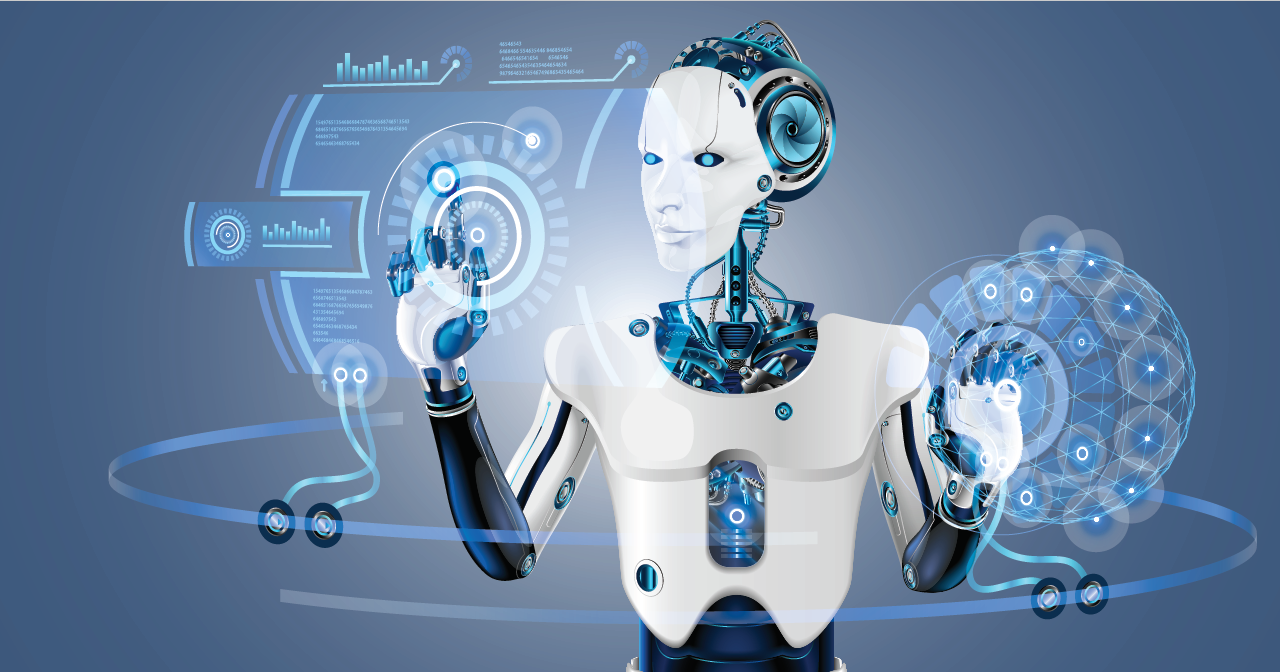In this age of technological advancement and technological innovation, the world has seen changes in the way that industries operate. Robots and automation are used by major players in different sectors to boost efficiency, speed up processes, and gain a competitive advantage on the market. Robotics, which entails the creation, installation, and integration of robotic solutions in a variety of industries is at the core of this revolution.

Understanding Robotics Applications
Robotics, as a branch of science and technology, concentrates on the creation operations, application and operation of robots. The definition of a robot is that it is a device capable of performing tasks autonomously or under the guidance of humans. These machines are designed to perform repetitive and intricate tasks, even in hazardous situations.
Robotics goes beyond automation. It encompasses a broad range of applications that are designed to transform industries and enhance human lives. From healthcare and manufacturing to logistics and entertainment robots are being introduced into diverse domains, presenting numerous possibilities of innovation.
The Rise of Automation: a Paradigm Change
Automation, specifically robotic automation is at the heart of the current industrial revolution. The introduction of automated technology has transformed the way firms operate, optimizing processes and increasing efficiency. Automation is the process of making robots or machines accomplish tasks with minimum or the use of human input, while leveraging technology to improve efficiency, speed and efficiency.
Automation through robotics, specifically, uses robots to complete tasks previously done by humans. These robots mimic human actions and therefore are able to be used in a variety of different industries. Robots are revolutionizing the way people work.
Robotic Process Automation: A Revolutionary Efficiency
Robotic Process Automation (RPA) is one of the subsets of automation, involves robots automating repetitive tasks that are based on the rules of business processes. RPA uses robotic software (or “bots”) to complete routine tasks, which allows employees to concentrate more on more strategic and intricate work.
Implementing RPA into business processes has proved to be an exciting development, providing agility, precision, and cost-efficiency across a range of industries. From data entry and invoice processing to customer service and HR processes, RPA is reshaping workflows and enhancing the overall efficiency of the organizations.
Advancing Industries with Fanuc Robots
Fanuc is a prominent player in the field of robotics. They specialize in designing integrated, integrating, and deploying robots in various industries. Fanuc robots are known for precision, reliability and flexibility. They are utilized in a wide range of industries.
By integrating Fanuc robots, industries can revolutionize their operations. They were created to improve productivity and boost the amount of work done while maintaining the highest quality standards. Additionally, Fanuc’s revolutionary solutions are created with a particular focus on safety, removing workers from dangerous jobs.
Driving Competitivity The Fanuc Advantage
Industries that adopt Fanuc robots have a competitive advantage in their markets. Fanuc’s robotic solutions are more efficient and effective, resulting in a faster return on investment. Automating routine, labor-intensive jobs allows businesses to reallocate their workforce to tasks that require creativity and problem-solving.
Fanuc robotised solutions can also be customized to meet the requirements of particular industries. Fanuc’s unique approach to designing and deploying robot solutions enables businesses to rapidly adjust to changing market requirements and remain ahead of competition and achieve sustainable growth.
Future A glimpse
Robotics and automation are predicted to continue to develop as technology advances. Future advancements could include artificial intelligence advancements sensors that are more accurate as well as increased cooperation with robots.
In conclusion, the integration of robots and automation, such as Robotic Process Automation and Fanuc robots has revolutionized industries, and propelling them into the future. The advantages of robotics enable businesses to not only survive in the current competitive environment, but also create new frontiers of technology. The role of automation as well as robotics will continue to have a significant impact in the world as we move into the new era.